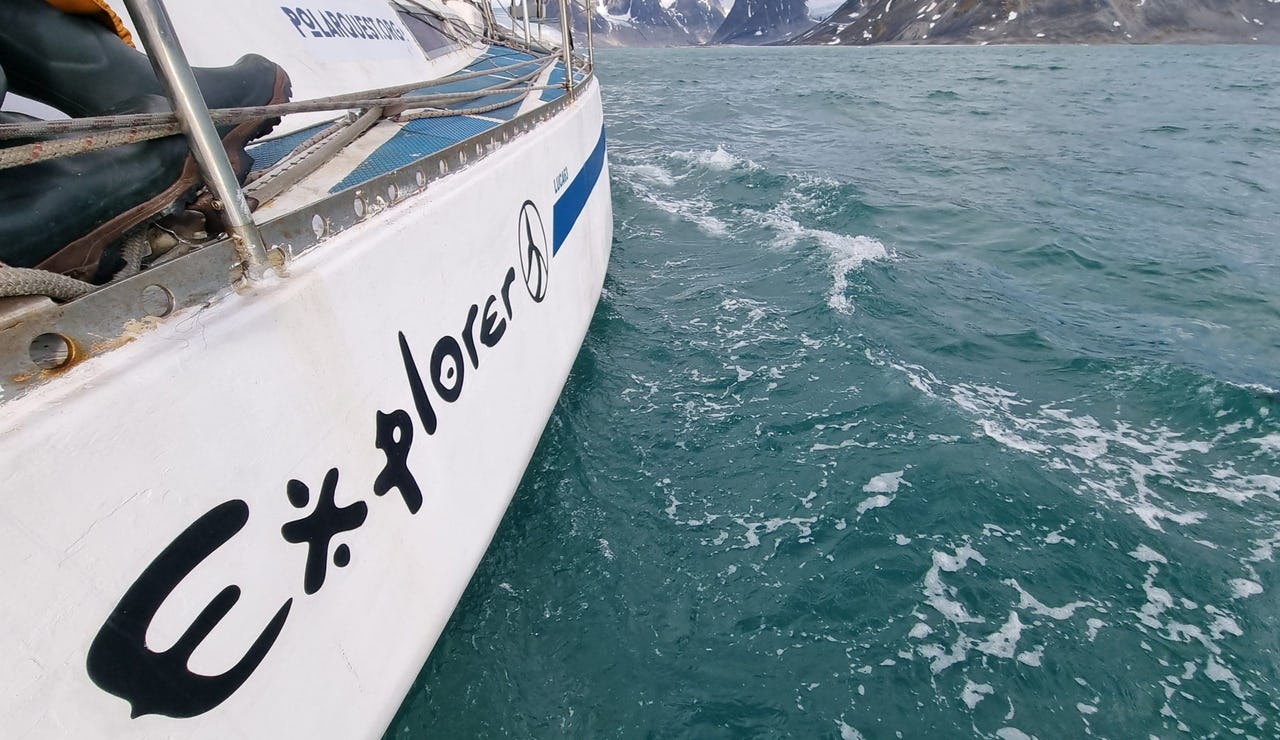TAI Bookshelf Podcast - PolarQuest2021 with Paola Catapano

PolarQuest’s record-breaking Best Explorer ship on its way to Svalbard. Photo: PolarQuest
In 2021, The Arctic Institute is teaming up with Italian toothpaste company BlanX in support of their 30th anniversary. This week, TAI Bookshelf Podcast is back with a special episode about PolarQuest2021, a scientific expedition to Svalbard sponsored by BlanX that took place over the summer 2021. In this episode, co-host Romain Chuffart has a chat with Dr. Paola Catapano, PolarQuest’s project leader. Polarquest2021: Save the Arctic White was an Arctic research expedition to the Svalbard Archipelago carried out on board the record-breaking Best Explorer. Polarquest Association partnered with Arctic Sail Expeditions-Italia for the organization of this expedition. The expedition explored the impact of human activity on the archipelago: sampling the driftwood and plastic we leave behind, and monitoring the impact of climate change on biodiversity through eDNA sampling. Polarquest2021 crossed the 80th parallel North, into uncharted waters in the Northeast of the Svalbard archipelago. During the expedition, PolarQuest’s scientific team carried out first-of-a-kind mapping by air and sea to assess environmental degradation in the northernmost regions of Svalbard.
Paola Catapano has worked at CERN – the European Organization for Nuclear Research in Geneva for the past 25 years, where she currently leads the CERN Audiovisual Production Section. Paola is also a science journalist, an Arctic and Antarctic reporter, and PolarQuest Expedition Manager. She has extensive first-hand experience with producing engaging communication products conveying complex scientific contents, from particle physics to cosmology and environmental sciences to diverse audiences. She has hosted, written and produced a wide range of video products, from short clips to live events, animations, entire TV programs and science documentaries, some of which were awarded with International Prizes. Paola’s passion is to disseminate science to the widest possible audience.
This episode was recorded in September 2021.